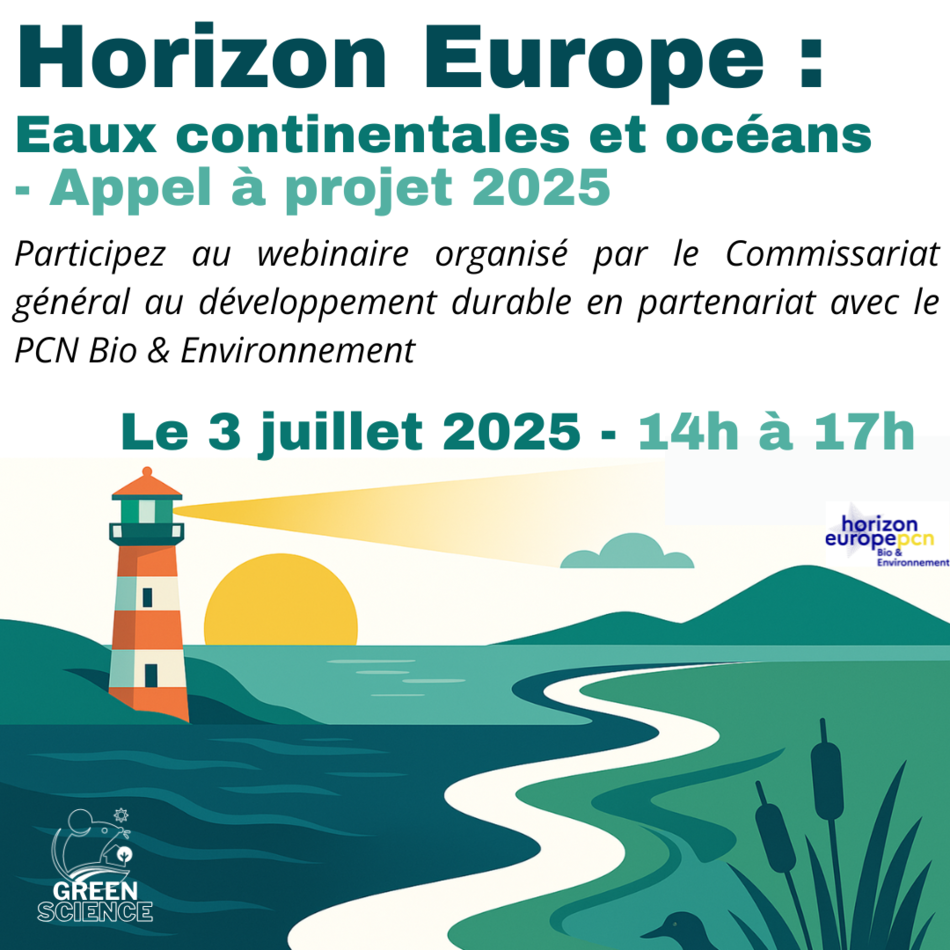ExpectedOutcome:
Projects are expected to contribute to the following outcomes:
- Develop highly flexible, resilient, reconfigurable and agile production lines able to handle a variety of different products and materials with high precision;
- Deploy easy to program advanced control systems capable of intelligent handling of complex products in terms of shape, size, material and stiffness;
- Increase productivity by enabling fast and accurate movement of work pieces through the production line, ensuring just-in-time delivery and reducing downtime.
Scope:
The global trends towards product customization have increased production complexity. To maintain global leadership and competitiveness of European manufacturing industry, there is a strong need for efficient, flexible, reconfigurable and data-driven agile factories. The recent pandemic crisis highlighted even further the need of manufacturing lines that can switch production within a matter of hours.
Products and component handling is an integral part of the manufacturing industry and its optimization increases productivity while minimizing production costs and time. However, the increasing complexity and customization of products coupled to the paradigm shift towards circular economy requires new assembly and disassembly lines able to handle a high variety of work pieces which might be available as 3D models or just as physical artefacts. Therefore, there is an increasing demand for innovative smart automated handling systems.
Multidisciplinary research activities should include SSH and cover:
- Development of innovative, efficient and low consumption systems for storage, retrieval, conveying and pick-and-place using a multi-disciplinary approach combining technologies such as collaborative/autonomous assembly and logistics, smart conveyor belts, advanced robotics, lightweight, flexible and versatile grippers, IoT, integrated physical and biochemical sensors (e.g. mechanical, magnetic, optical, electrochemical), image processing, simulation, modelling, data acquisition, data storage/sharing, data interoperability, data analytics, automated planning and machine learning;
- Development of advanced and robust handling devices and systems, for efficient manipulation and manufacturing process execution. Integrate advanced control of individual handling devices exploiting advances in AI;
- Achieve a high degree of flexibility and reconfigurability by ensuring interoperability and user-friendliness of both hardware and software;
- The solutions proposed should be able to handle autonomously different objects with a significant variety of shape, size and material properties;
- Demonstrate benefits for workers by reducing their involvement in unsafe and unhealthy tasks, improving their working conditions and increasing trust and acceptance towards technology;
- Deploy innovative technologies in at least three manufacturing lines targeting different manufacturing processes and sectors, e.g. food & beverage preparation and packaging, metalworking, product assembly, textile processing and production, etc.
Proposals submitted under this topic should include a business case and exploitation strategy, as outlined in the introduction to this Destination.
Research must build on existing standards or contribute to standardisation. Interoperability for data sharing should be addressed. Additionally, a strategy for skills development should be presented, associating social partners when relevant.
All projects should build on or seek collaboration with existing projects and develop synergies with other relevant European, national or regional initiatives, funding programmes and platforms.
In order to achieve the expected outcomes, international cooperation is encouraged, in particular with Japan or South Korea.
This topic implements the co-programmed European Partnership Made in Europe.
Specific Topic Conditions:
Activities are expected to start at TRL 4 and achieve TRL 6 by the end of the project – see General Annex B.
Cross-cutting Priorities:
International CooperationArtificial IntelligenceCo-programmed European PartnershipsDigital AgendaSocial sciences and humanities





